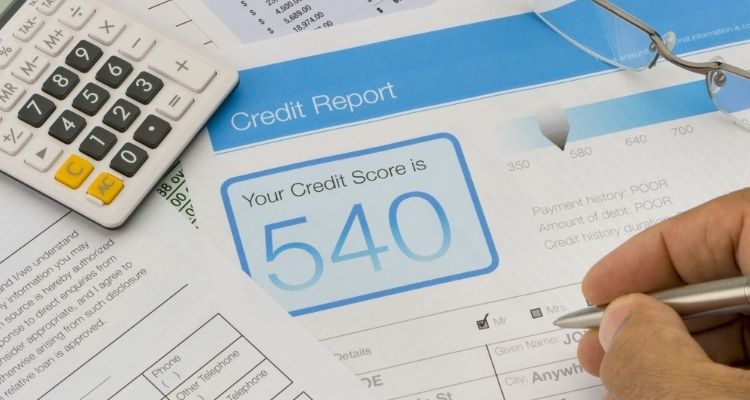Just like the balances you carry, late payments on your credit cards and loans can affect your credit score negatively. Because late payments are considered one of the main reasons for a credit score drop, it’s important to know how long late payments stay on your credit report and the effects they have on your credit score. Here’s what you need to know and how you can minimize the damage from late payments on your credit report.
The major factors that affect your credit score
First, let’s discuss the major factors that affect your credit score. They are:
- Payment history. This is the most important factor in determining a person’s credit score. If you have been making payments on time, this will help you to maintain a good credit rating.
- Amounts owed/Credit utilization ratio. The higher your credit utilization ratio, the lower your credit rating, and the lower your ratio, the higher your rating. It is recommended to have a utilization ratio of 30% or lower, but the lower the better. Use this credit card debt payoff calculator if you need help creating an actionable strategy for paying off your debt and decreasing how much credit you utilize.
- Length of credit history. Creditors want to see that you can handle borrowing money responsibly, so they’ll look for a longstanding history with other creditors. Typically an average of five years or longer is best, so, if you can, leave your oldest credit card open since closed accounts won’t factor into your credit history.
- Types of credit used. The best credit scores have a mix of both credit cards and loans. However, this only accounts for 10% of your score, so don’t worry if you only have credit cards or loans.
- Hard pulls. This is the number of times your credit report has been pulled within the past three years. The more pulls, the lower the number. Shoot for having only 1-2 hard pulls on your credit a year.
What happens when you make a late payment?
A late payment can be detrimental to your credit score since on-time payments account for 35% of your total score. Late payments are typically only reported to the credit bureaus after thirty days of being past due or if there’s a history of frequently missed payment deadlines, but when they are reported is really up to your creditor.
Once reported, the record of the late payment will stay on your credit report for seven years regardless of when you paid it off.
The first time a late payment happens, it may not have too much of an impact on your credit score. That said, if late payments become a habit, then you’ll likely receive a letter from the company stating their intent to take legal action against you for non-payment. Plus, your credit score will drop significantly.
Read here: Top 6 Things to Know About Rebuilding Your Credit
A few tips for bouncing back after a late payment
The best way to bounce back from a late payment is to get up-to-date with payments as quickly as possible. Once you’re up-to-date, your creditor will issue an update to the credit bureaus stating that the account is back in good standing, reducing the blow your credit score has taken.
If you’re unable to make your past-due payment in full, the best thing to do is contact the creditor to arrange a payment plan. This will also be reported to the bureaus and will be updated once your account is fully in good standing.
In addition, work on the other factors that affect your credit score to help bring it up in other ways. Your utilization ratio and history are the next biggest factors so work toward improving those numbers to help boost your score.
Whatever you do, don’t ignore your missed payments or dodge your creditors. The more you communicate with them to make things right, the better off you and your credit score will be.
The bottom line
In the end, a late payment is a late payment, no matter the reason. If you miss a payment simply because you forgot or you just don’t have the money, focus on improving your money and management as well as the other factors that affect your credit score so that your late payment doesn’t create too much of a drop. The sooner you take steps to rectify the situation and get back on track, the better off you’ll be.
